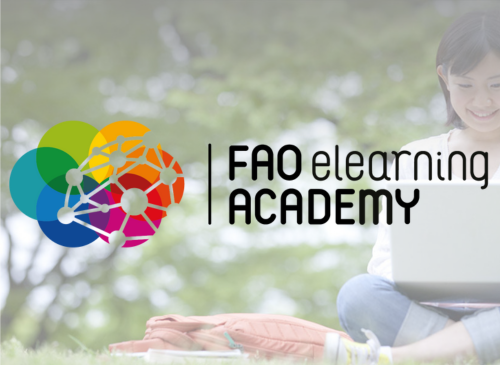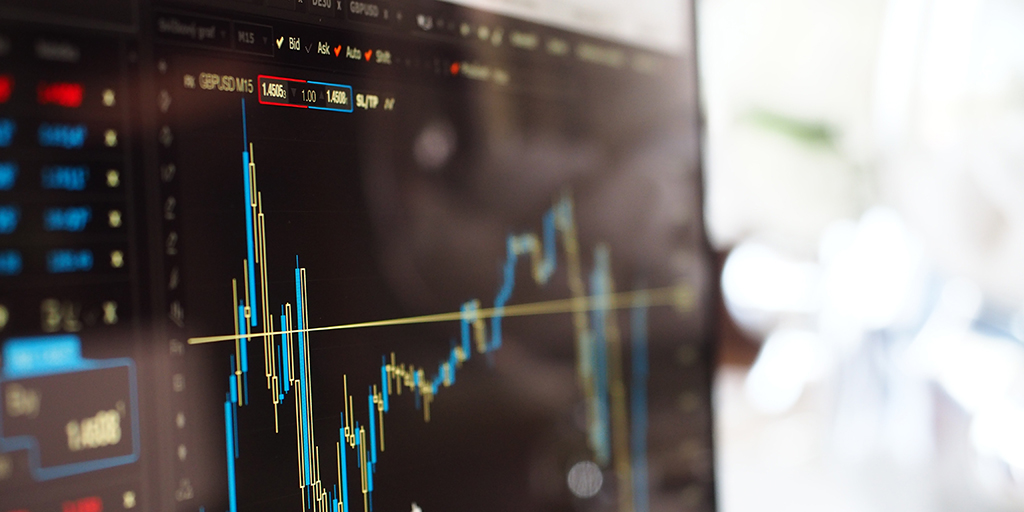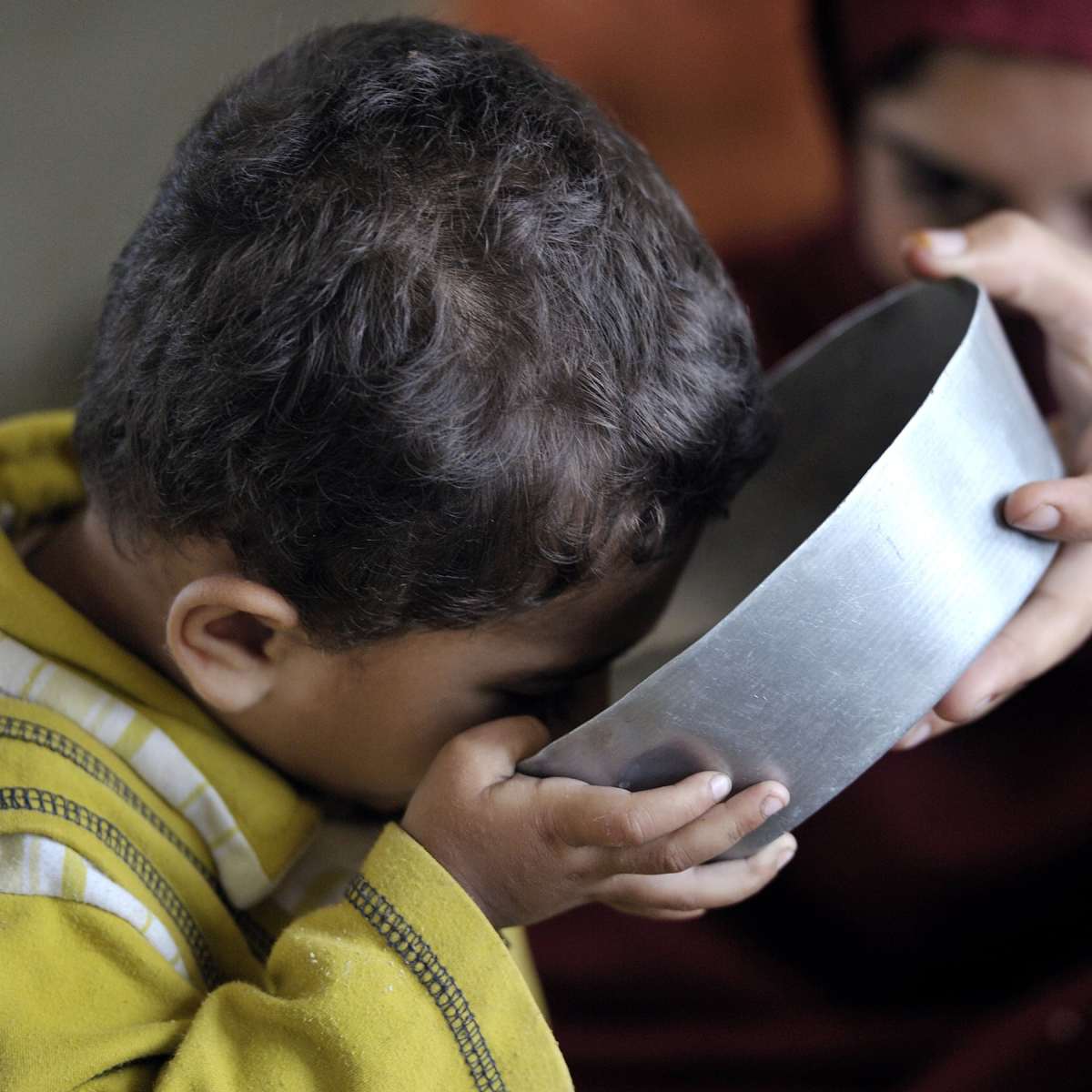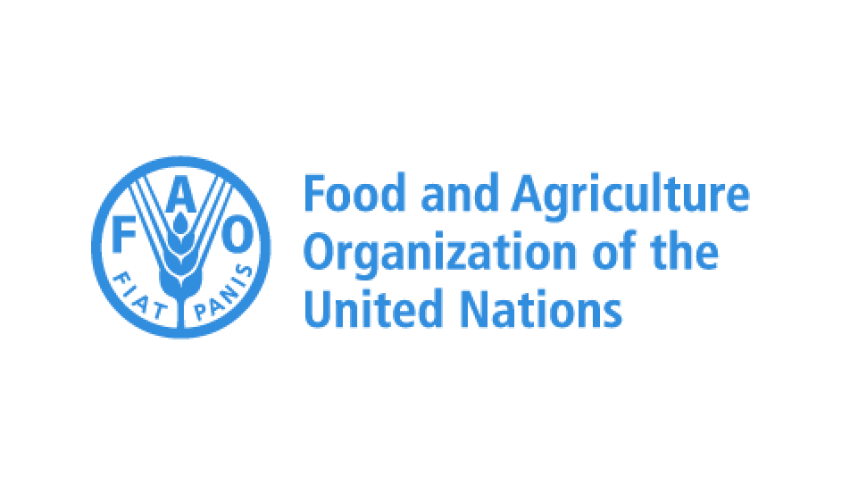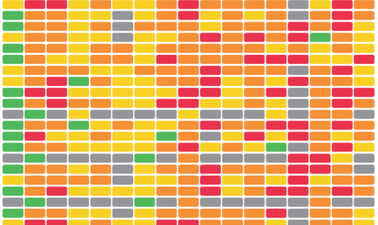The overall goal of the FAO elearning Academy is to contribute to the sustainable economic and social advancement of member countries. To do this, it focuses on the transfer of competencies, development of expertise and promotion of innovation in order to strengthen human resources and institutions. The courses directly support all the SDGs – in particular, SDG 4: “Ensure inclusive and equitable quality education and promote lifelong learning opportunities for all.”
Courses listed here has been developed to support countries in the analysis and reporting for SDG Indicators. The courses introduce the process of monitoring progress towards the achievement of the Sustainable Development Goals (SDG). It highlights the role of UN agencies in supporting data collection and analysis, and it presents the SDG indicators under FAO custodianship.
Course content is practical, offering models, strategies, and tools for implementation. The content is directed at a broad audience of education experts and practitioners, policy-makers, government officials, NGOs/CBOs in the education sector, educators, and students of any of these disciplines—open to anyone, anywhere, anytime.
The designations employed and the presentation of material throughout this online course do not imply the expression of any opinion whatsoever on the part of organizations preparing this online course concerning the legal status of any country, territory, city or area or of its authorities, or concerning the delimitation of its frontiers or boundaries. The ideas and opinions expressed in this online course are those of the presenters; they are not necessarily those of organizations preparing this online course and do not commit the organizations.